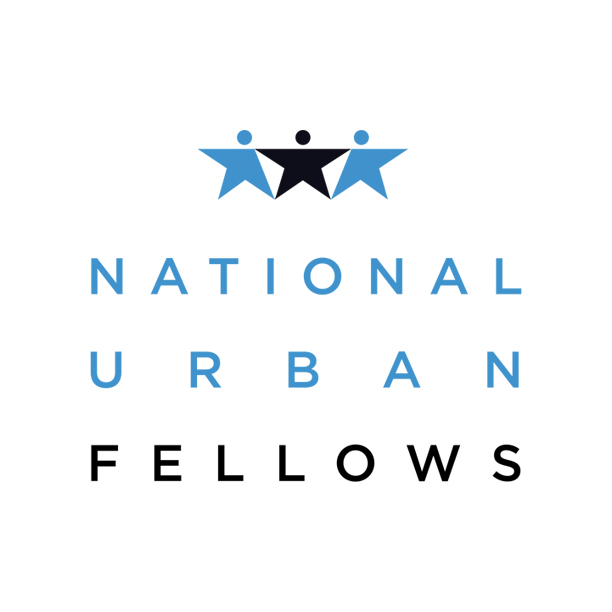Jana Alston
Jana Alston double majored in supply chain management and international business at the University of Maryland, College Park’s Robert H. Smith School of Business. After completing a co-op with consumer goods giant Unilever during her junior year, she decided to parlay her corporate logistics studies into more people-driven work. Her career in international development began through an internship in the Gender Department of non-profit implementing partner, FHI 360, where she conducted technical desk research for various proposal efforts. To better understand the field, Jana relocated to rural Sierra Leone to teach at a girls boarding school with the Peace Corps Let Girls Learn program shortly after graduation, an experience that solidified her desire to collaborate with communities across cultural contexts to address large-scale inequities caused by systemic racism.
For the nearly 4 years between the end of her service in the Peace Corps and the beginning of her NUF journey, Jana worked with private international development consulting firm, Chemonics International, supporting a $9.5 billion USAID global health supply chain project in several capacities. Her most recent role as manager of the Kenya and Namibia project operations entailed developing annual work plans, reporting on progress toward the health outcome targets to the client, leading proposal development efforts, traveling to country to provide operational support as needed, managing expatriate personnel, and closely monitoring and reforecasting expenditure projections against each country’s work plan budget—a combined portfolio of $14.7 million. Prior to that, she served on the project’s Subcontract Compliance team providing tailored guidance to improve subcontract management processes, arbitrate issues with partners, and improve small business utilization across the project. She also obtained her “Minimasters” in global supply chain management from Arizona State University during this time to build upon her commercial supply chain academic foundation and better understand the technical nuances involved in pharmaceutical and emergency supply chain systems.
Outside of her primary scope of work, Jana’s passion for social impact earned her a position on the corporate Diversity and Inclusion (D&I) Council. As a D&I councilmember, she liaised with company leadership to advocate for the interests and concerns of her peers, such as equitable pay between local and expatriate technical staff and refining the language used to discuss underrepresented social groups in project communications, to improve the equity of practices for both employees and intended beneficiaries around the world. She was also an active member of the Gender Equality and Social Inclusion (GESI) technical group, which allowed her to participate in the Int’l Lesbian, Gay, Bisexual, Trans, and Intersex Association (ILGA) World Conference in New Zealand to expand the company’s network of LGBTI+ activist organizations globally for better in-country partnerships and facilitate several related “coffee circle” conversations for colleagues to exchange transformative approaches to address inequities during project implementation. Jana pursued her social justice interests outside of professional channels as well through by volunteering with Washington, D.C. area non-profit, Young Ladies of Tomorrow (YLOT), facilitating life-skills sessions for adolescent girls in the juvenile correction system.
Still, despite the impact of her global health supply chain and GESI work, Jana was discomforted by and felt compelled to address the striking lack of diversity in the people and organizations entrusted to manage donor-funded projects that almost exclusively target black and brown communities across the industry. Owing to this discomfort, she is now pursuing a Master of Policy Management (MPM) as a distinguished National Urban Fellow at Georgetown University’s McCourt School of Public Policy in an effort to gain a better understanding of fund allocation and project design processes and ultimately shift programmatic and financial management power to small, specialized, and local organizations for more thoughtful, responsive, and effective development interventions.

